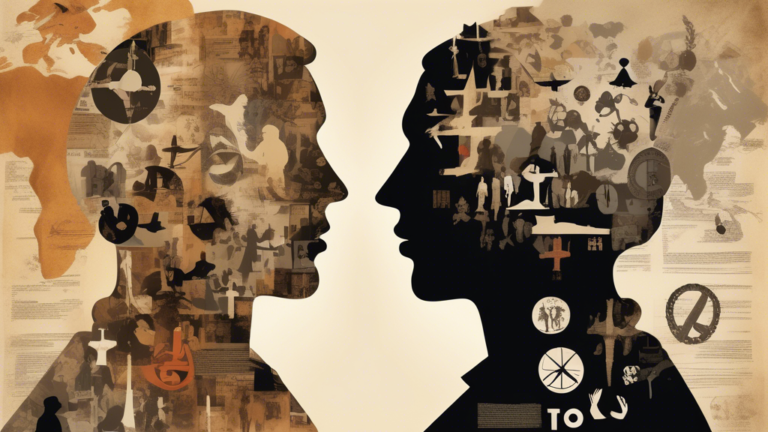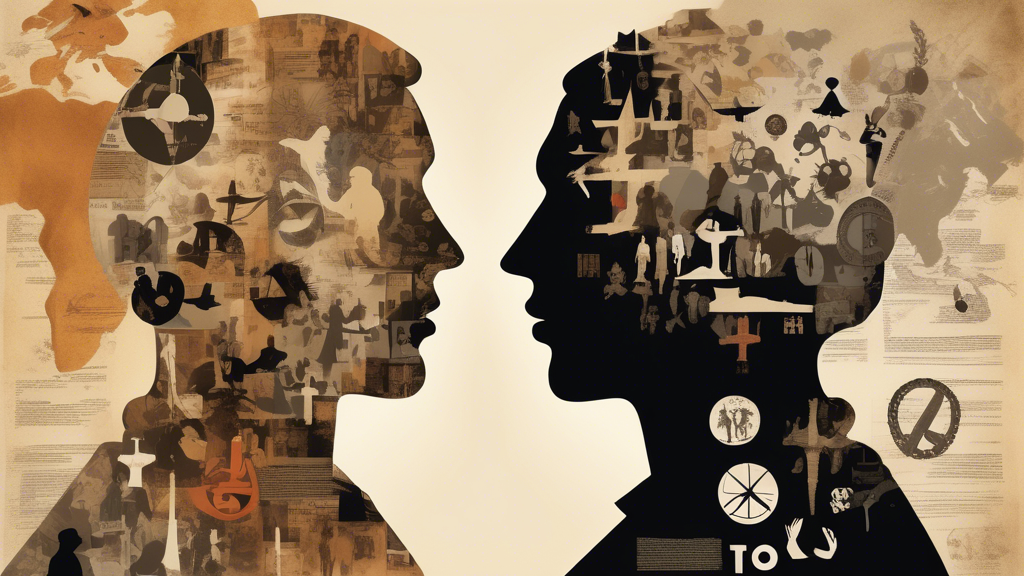

So, You Want to Discuss Hitler?
In recent years, discussions surrounding Adolf Hitler and his regime have become increasingly prevalent in various spheres of public discourse. While the mere mention of Hitler can elicit strong emotional responses, it is essential to approach such discussions with a historical perspective, critical thought, and a commitment to factual accuracy.
Historical Context
Understanding Adolf Hitler requires a nuanced grasp of the historical context in which he rose to power. In the aftermath of World War I, Germany faced significant political, economic, and social turmoil. The Treaty of Versailles, which imposed heavy reparations on Germany, fostered widespread discontent. It was in this environment of instability that Hitler and his Nazi Party exploited public sentiment, promoting a nationalist ideology that merged elements of anti-Semitism, militarism, and Aryan supremacy.
The consequences of Hitler’s ascent to power were catastrophic, culminating in World War II and the Holocaust, where millions of lives were lost. This dark chapter of history serves as a warning against the dangers of totalitarianism and ideological extremism.
Comparative Analysis
While making direct comparisons between historical figures and contemporary political movements can be contentious, such analyses often serve to illuminate potential dangers in current ideologies. Discussions might propose parallels between Hitler’s autocratic tendencies and any perceived rise in authoritarianism in today’s political landscape. However, one must tread carefully here; these comparisons can be misleading if not grounded in careful analysis.
Ideological Critique
Critiquing modern ideologies that bear resemblance to fascist or totalitarian principles is a critical component of meaningful discussion about Hitler. Authoritarianism, extreme nationalism, and the erosion of democratic institutions should be examined, especially in light of current political climates that sometimes endorse anti-democratic rhetoric. A sound critique requires a balanced view that emphasizes the importance of democratic values and equality.
Cultural and Social Commentary
The memory of Hitler and the Nazi era continues to shape contemporary society. Debates on how to teach this history in schools, the ramifications of historical revisionism, and the implications of using Nazi analogies in political discourse are rife. For many, these discussions are vital in ensuring that the lessons of the past are not forgotten, while others argue that such references diminish the gravity of the Holocaust and can trivialize real political issues.
Political Rhetoric
In political discourse, references to Hitler are often deployed as a rhetorical device. Such invocations, while sometimes intended to emphasize the dangers of certain policies, risk inflating tensions and oversimplifying complex issues. It is crucial for participants in political dialogue to approach these references judiciously, understanding their potential impact on public perception and discourse.
Conclusion
Discussions about Hitler are not mere historical reflections; they should be acknowledged as opportunities for critical reflection on the implications of ideologies and the importance of safeguarding democratic principles. Engaging in informed and respectful conversations around such a sensitive topic can lead to a better understanding of both history and contemporary society.